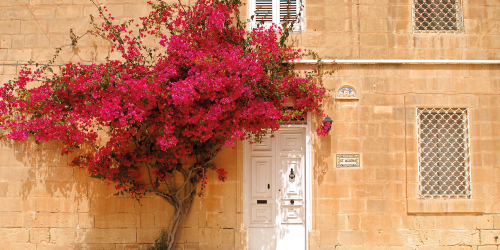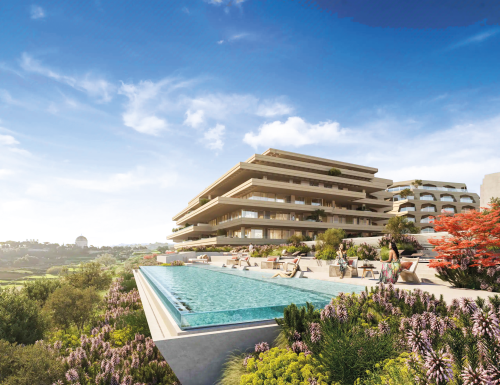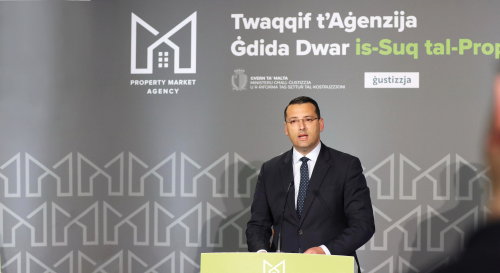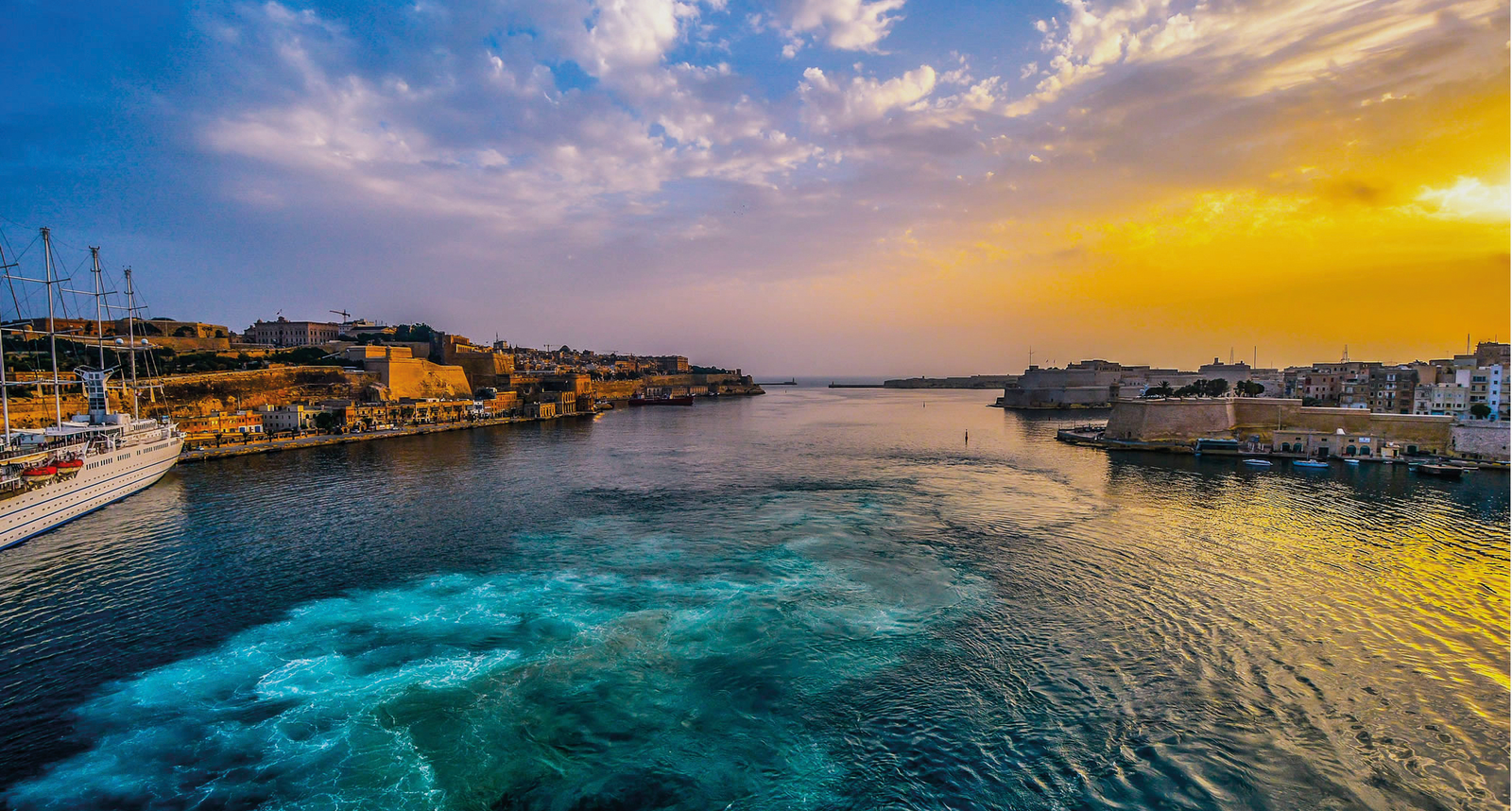By: Sandro Chetcuti; Chairman, Property Malta Foundation
Malta’s real estate market has consistently been more than the building of structures –
it is the foundation of our economy; a mirror of our culture, and an entry point to our islands for individuals worldwide.
Throughout the years, we have observed astonishing changes in the techniques and manners in which properties are constructed, promoted, and sold.
But alongside growth comes responsibility; a factor upon which Property Malta has been avidly working since its establishment in 2017.
T
he establishment of the Property Malta Foundation marked a pivotal moment for Malta’s real estate industry. Created to promote Malta’s property market internationally, the Foundation quickly became an essential bridge between developers, authorities, and buyers – bringing coherence to a once-fragmented landscape.
Previously, less consistent messaging may not have succeeded in removing clouded investor perceptions. Property Malta thus responded by promoting Malta’s lifestyle, safety, and cultural identity as key selling points—beyond just bricks and mortar. This repositioning ensured that Malta’s unique appeal came across clearly and consistently across all platforms.
Through targeted campaigns and curated content, Property Malta refined how local properties are presented abroad. Instead of one-size-fits-all messaging, it aligned properties with the needs of different buyer groups, whether retirees, investors, or second-home seekers.
This shift has translated into better matches between properties and buyers, ensuring Malta remains competitive in an increasingly discerning international market.
Raising the Bar for Professionalism
A significant challenge in the past has been the presence of unregulated, untrained real estate agents able to operate within the field. This lack of mandatory licensing diluted trust in the system and occasionally harmed consumers. And the launch of the Property Market Agency in 2025 has addressed this very decisively.
The implementation of agent licensing and compulsory certification has prompted industry standards to rise across the board. Buyers and sellers alike now benefit from engaging with trained, accountable professionals.
One of the most technically demanding projects which Property Malta has embarked upon is the development of a national price registry based on actual contracted property prices, not advertised rates. While it required significant effort – gathering, verifying, and analysing data from a fragmented market – the outcome has been transformative. With this registry, agents can gain credibility, sellers adjust expectations realistically, and buyers act with greater confidence. Developers too can plan more strategically, making the entire sector healthier and more transparent.
“Through targeted campaigns and curated content, Property Malta refined how local properties are presented abroad”

Infrastructure, Regulation, and Room to Improve
Years of participation in global property expos have shown clear patterns. As examples, retirees from northern Europe gravitate to village cores and character homes. Investors look for value, yield, and long-term capital appreciation. Lifestyle buyers – often second-home seekers – want scenic views, good weather, and convenience.
Recognising these differing motivators enables developers, agents, and authorities to target the right audience with the right offer. Precision replaces generalisation, improving the success rate of property engagement.
Although there has been notable progress, Malta’s property sector still faces hurdles.
“One of the most technically demanding projects which Property Malta has embarked upon is the development of a national price registry based on actual contracted property prices, not advertised
rates”

Regulatory delays and cumbersome procedures add to costs and slow down investment. Some active zones still lack adequate infrastructure, underlining the need for better alignment between development and national planning.
Nonetheless, the industry is evolving. The demand for quality – be it energy
efficiency, design, or amenities – is growing. This, in turn, is nudging the market toward higher standards.
What Foreign Buyers Are Really After
Foreign buyers are seldom attracted to generic units. They tend to fall into two distinct categories: high-end investment and permanent relocation. In both cases, they look for distinctiveness, comfort, and value.
Malta is well-positioned to deliver. Developments like Verdala Terraces, Portomaso, The Shoreline, Mercury Towers, Avenue 77 and The Quad Central consistently stand out. So do traditional townhouses and expertly restored palazzos in historic towns. These properties reflect both quality and character-key drivers for international interest. By combining premium locations, innovative design, and thoughtful amenities, these projects meet the expectations of sophisticated global buyers.
Supporting Heritage and Character
Beyond new developments, Malta’s traditional properties remain a strong draw. When properly restored, character homes provide a lifestyle that no modern block can replicate.
Their value lies in authenticity and heritage, qualities that appeal to buyers seeking more than just a residence. Property Malta’s collaboration with heritage bodies ensures that restoration efforts maintain architectural integrity while adapting properties to modern standards.

Looking ahead, the Foundation continues to broaden its international reach while refining its research capabilities. Understanding buyer psychology and market shifts is central to maintaining Malta’s edge.
At the same time, ongoing dialogue with government aims to strike the right balance between growth, sustainability, and regulation. The goal is to have a framework which supports development while safeguarding the interests of buyers and the national landscape.

Comment